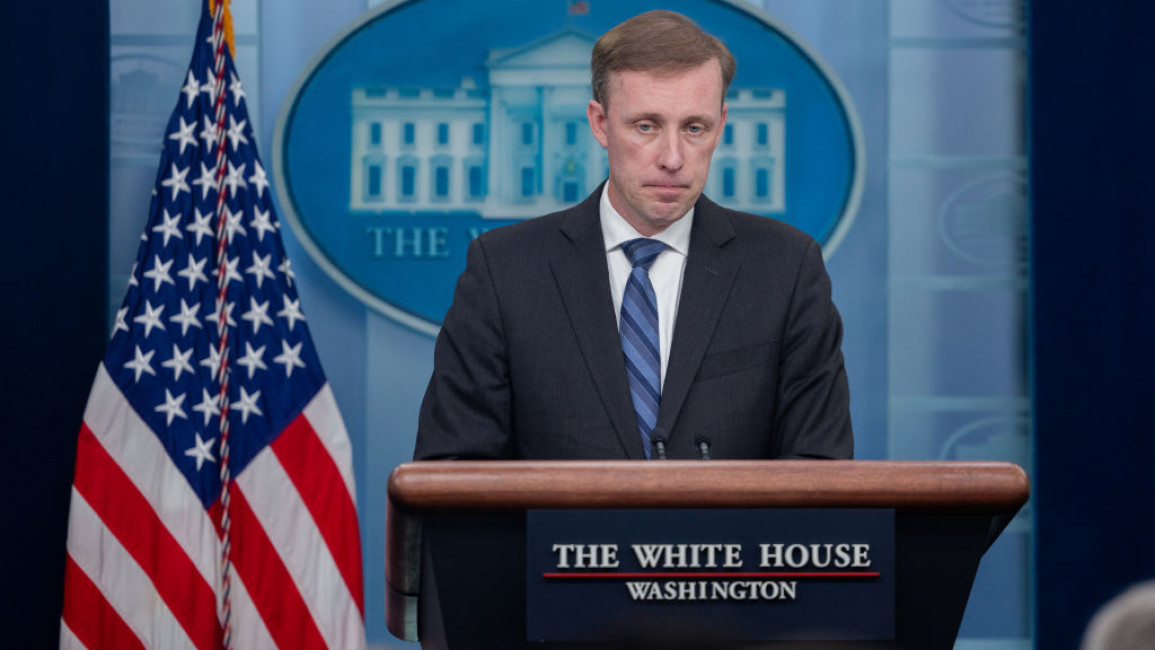US White House says 'many elements' of Saudi-Israel normalisation pathway now on table but work remains
White House national security adviser Jake Sullivan said on Thursday that US, Israeli and Saudi Arabian leaders have put many of the elements of a pathway to normalisation on the table but there is still much work to do.
Sullivan spoke to reporters aboard Air Force One as President Joe Biden flew to India to attend a G20 summit.
"Many of the elements of a pathway to normalisation are now on the table. We don't have a framework. We don't have the terms ready to be signed. There is still work to do," Sullivan said.
He said there was a "broad understanding of many of the key elements", without going into detail.
US officials see a potential deal between Saudi Arabia and Israel as possible after the administration of then-President Donald Trump reached similar agreements between Israel and Morocco, Sudan, Bahrain and the United Arab Emirates.
Normalisation with Israel is highly controversial across the Arab world and Palestinians consider it a betrayal of their national cause.
Biden said on CNN in early July that Israel and Saudi Arabia were a long way from a normalisation agreement that would involve a US-Saudi defence treaty and a civilian nuclear programme for the Saudis from the United States.
Biden envoy Brett McGurk was in Saudi Arabia for talks this week that officials said was largely about the Yemen war but was also expected to include discussions on the potential normalisation deal.
(Reuters, The New Arab)



